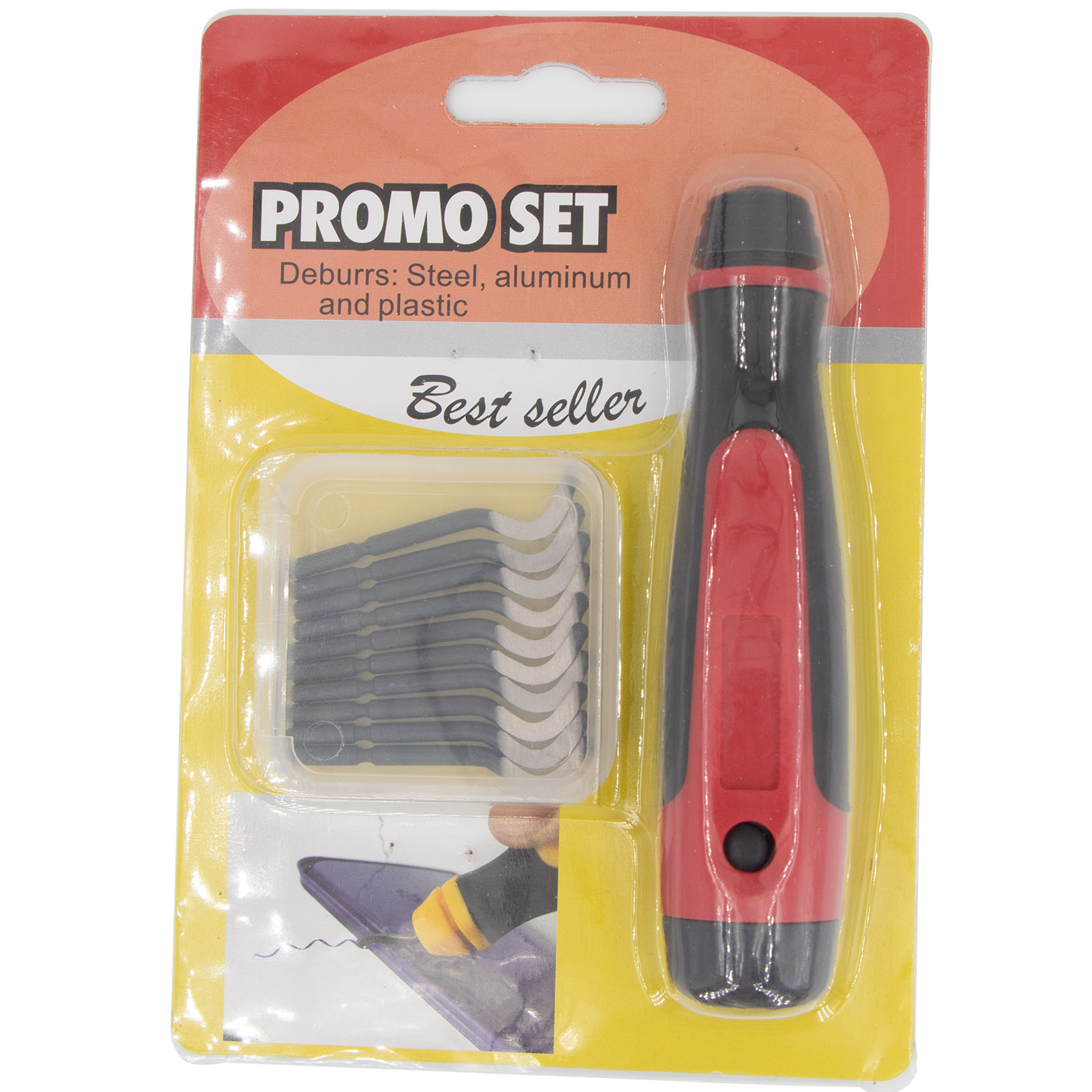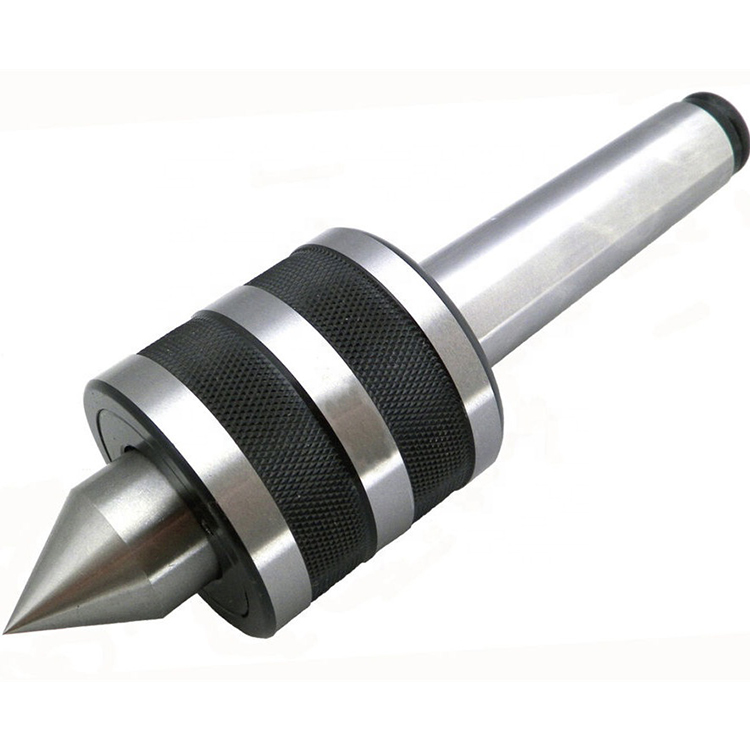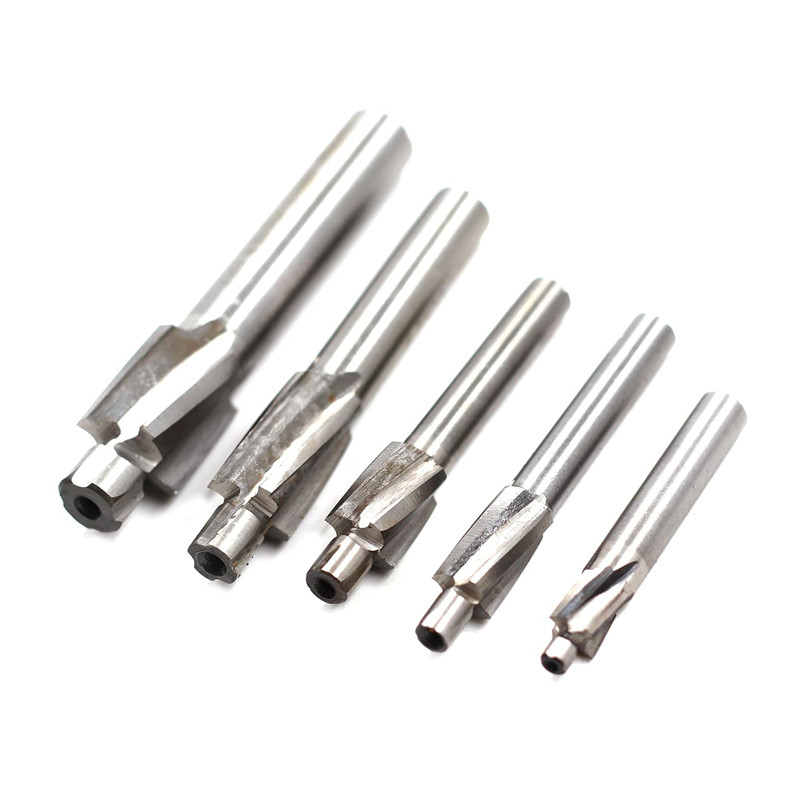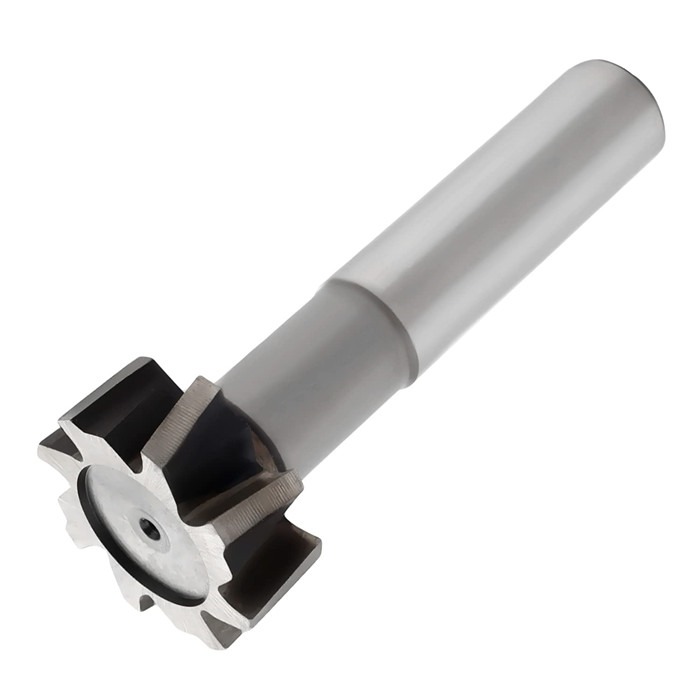depth micrometer Suppliers
Finding the right depth micrometer suppliers can be a challenge. This guide helps you navigate the options, understand key features, compare brands, and make an informed purchase, ensuring accurate measurements for your specific needs.
Understanding Depth Micrometers
A depth micrometer is a precision measuring instrument used to determine the depth of holes, recesses, and other hard-to-reach areas. It's an essential tool for machinists, engineers, and anyone requiring accurate depth measurements. Choosing the right supplier is critical for getting reliable, high-quality instruments.
Key Features to Consider
When searching for depth micrometer suppliers, consider these features:
- Accuracy: Look for micrometers with high accuracy ratings (e.g., ±0.0001'). This specification is crucial for precise measurements.
- Resolution: The resolution indicates the smallest increment the micrometer can measure (e.g., 0.00005').
- Measurement Range: Ensure the micrometer's range meets your application's needs. Common ranges are 0-1', 0-6', and 0-12'.
- Material: High-quality materials like hardened steel ensure durability and longevity.
- Digital vs. Analog: Digital micrometers offer easy-to-read displays and often include features like data output. Analog micrometers are generally more affordable and reliable in harsh environments.
- Base Size: The size and flatness of the base influence stability and accuracy. A larger, precisely ground base is often preferable.
- Interchangeable Rods: Some models offer interchangeable rods, allowing for different measurement ranges.
Top Depth Micrometer Suppliers
Several reputable depth micrometer suppliers offer a wide range of instruments. Here are a few to consider:
- Mitutoyo: Known for their high-precision instruments and extensive product line.
- Starrett: A well-established brand with a reputation for quality and durability.
- Brown & Sharpe: Offers a variety of measuring tools, including depth micrometers.
- TESA Technology: Part of Hexagon Metrology, TESA provides high-end measurement solutions.
- Fowler High Precision: A reliable supplier of various measuring tools, including depth micrometers.
Comparing Brands and Models
Let's compare some popular depth micrometer models from different suppliers. Note that prices can vary depending on the vendor and features.
| Brand | Model | Range | Resolution | Accuracy | Features |
|---|---|---|---|---|---|
| Mitutoyo | 129-127 | 0-4' | 0.0001' | ±0.0001' | Ratchet Stop, Interchangeable Rods |
| Starrett | 445.1 | 0-6' | 0.001' | ±0.0002' | Satin Chrome Finish |
| Fowler | 0-6' | 0.0001' | ±0.0002' | Carbide Tipped Measuring Rod |
Digital vs. Analog: Which is Right for You?
Digital depth micrometers offer the advantage of easy-to-read digital displays, reducing the chance of reading errors. They often include features like data output for recording measurements. Analog micrometers, on the other hand, are generally more robust and less susceptible to electronic failures, making them suitable for harsh environments. The choice depends on your specific needs and preferences.
Factors to Consider When Choosing a Supplier
Beyond the instrument itself, consider these factors when selecting depth micrometer suppliers:
- Reputation and Reliability: Choose suppliers with a proven track record of providing high-quality instruments and excellent customer service.
- Product Range: A supplier with a wide range of depth micrometers and accessories offers more flexibility.
- Pricing and Availability: Compare prices from different suppliers and check for availability and lead times.
- Technical Support: Access to technical support can be invaluable for troubleshooting and maintenance.
- Warranty and Return Policy: A good warranty and return policy provide peace of mind.
- Calibration Services: Regular calibration is essential for maintaining accuracy. Some suppliers offer calibration services. Wayleading Tools offers a wide range of precision measuring tools, including calibration services.
Applications of Depth Micrometers
Depth micrometers are used in a variety of applications, including:
- Machining: Measuring the depth of drilled holes, slots, and recesses.
- Automotive: Checking the depth of valve seats and other engine components.
- Aerospace: Measuring critical dimensions of aircraft parts.
- Manufacturing: Ensuring the accuracy of manufactured products.
- Quality Control: Verifying that products meet specifications.
Maintenance and Calibration
Proper maintenance and calibration are crucial for ensuring the accuracy and longevity of your depth micrometer. Clean the instrument regularly and store it in a dry, safe place. Calibrate the micrometer periodically to ensure it meets specifications. Most suppliers offer calibration services, or you can use a third-party calibration lab.
Conclusion
Selecting the right depth micrometer suppliers requires careful consideration of your specific needs and the features of different instruments. By understanding the key factors discussed in this guide, you can make an informed decision and choose a supplier that provides reliable, high-quality depth micrometers for your applications.
Data Source: Data parameters are for example only, please always refer to the manufacturer's official website for up-to-date information and specifications.
Related products
Related products
Best selling products
Best selling products-
 Deburring Tool Holder For The Deburring Tool Blades
Deburring Tool Holder For The Deburring Tool Blades -
 Plain Back ER Collet Fixture With Lathe Collet Chuck
Plain Back ER Collet Fixture With Lathe Collet Chuck -
 ANSI B94 HSS Jobber Length Drill Bits Fully Ground
ANSI B94 HSS Jobber Length Drill Bits Fully Ground -
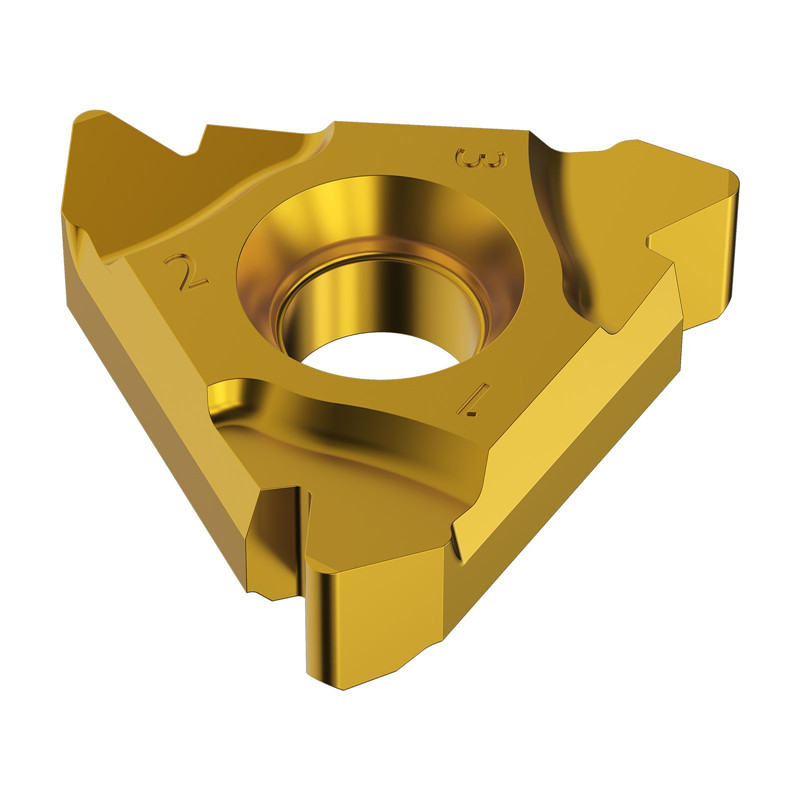 Partial profile 60° Threading Insert With ER & IR Type
Partial profile 60° Threading Insert With ER & IR Type -
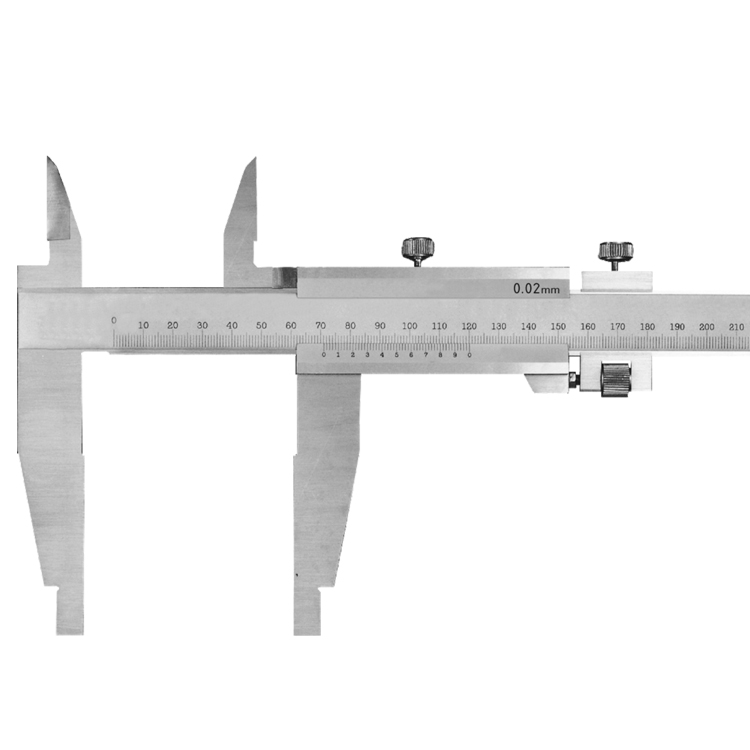 Precision Monoblock Vernier Caliper With Nib Style & Standard Style Jaws Of Metric & Imperial For Industrial
Precision Monoblock Vernier Caliper With Nib Style & Standard Style Jaws Of Metric & Imperial For Industrial -
 HSS Metric & Inch Dovetail End Mill With 45 And 60 Degree For Industrial
HSS Metric & Inch Dovetail End Mill With 45 And 60 Degree For Industrial -
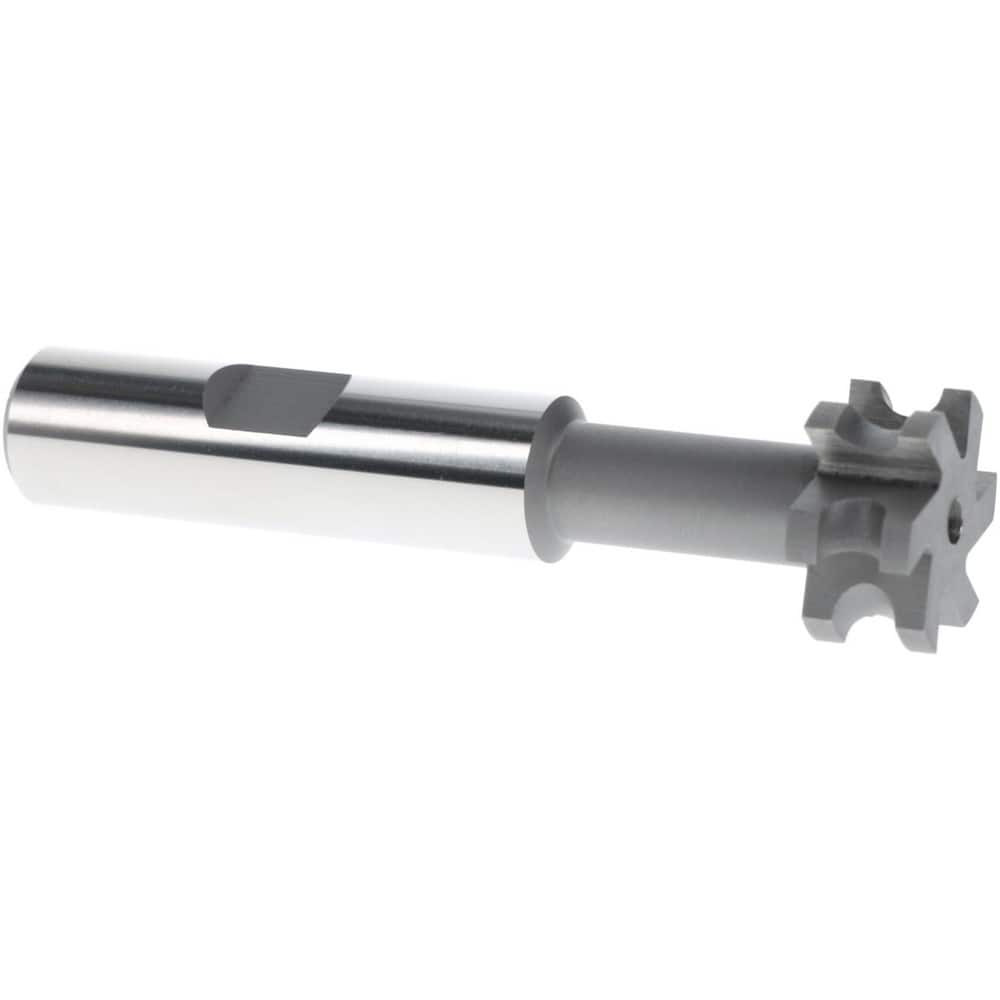 HSS Inch Concave Milling Cutter For Industrial
HSS Inch Concave Milling Cutter For Industrial -
 HSS Metric 4 Flute End Mills With Bright Or TiN And TiAlN Coated
HSS Metric 4 Flute End Mills With Bright Or TiN And TiAlN Coated -
 Inch Solid Carbide Twist Drill With Internal Coolant & External Coolant
Inch Solid Carbide Twist Drill With Internal Coolant & External Coolant -
 Precision Vernier Caliper With Nib Style Jaws Of Metric & Imperial For Industrial
Precision Vernier Caliper With Nib Style Jaws Of Metric & Imperial For Industrial -
 Type K-90 Degree Cone Tungsten Carbide Rotary Burr
Type K-90 Degree Cone Tungsten Carbide Rotary Burr -
 Type E Oval Tungsten Carbide Rotary Burr
Type E Oval Tungsten Carbide Rotary Burr

